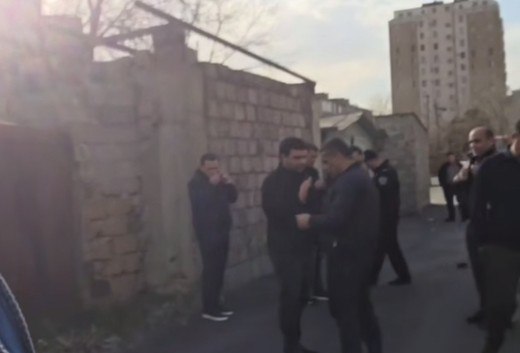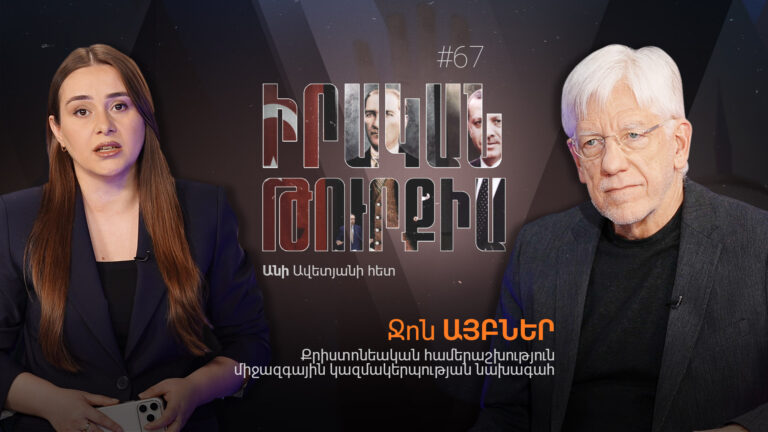Konstantin Zatulin: I am absolutely convinced that people in Artsakh have the right to self-determination
Director of the Institute of CIS Countries Konstantin Zatulin said live on Alpha News that he had always advocated for the recognition of the right of the Armenian people of Artsakh to self-determination.
“As for the self-determination of Nagorno-Karabakh, I want to say that I have always advocated for the recognition of the right of the Armenian people of Nagorno-Karabakh to self-determination.
That is why I compare it with the self-determination of Donbass, the self-determination of Abkhazia and South Ossetia. I have been trying to establish ties between these unrecognized states for 20 years. Through my mediation, the delegations of Nagorno-Karabakh went to Abkhazia and met with the Abkhaz leadership. This was before Abkhazia was recognized by the Russian Federation, that is, before 2008. Presidents Arkady Ghukasyan and Bako Sahakyan went there,” Zatulin said.
He stressed that the Armenian people of Artsakh have the right to self-determination.
“Moreover, I am not impressed by all these talks that there cannot be two Armenian states in the world. This is a false argument. Such a right exists and it must be respected. All these results of recent years are the consequences of the policy of the current Armenian authorities, which, apparently, from the very beginning considered one of their goals to get rid of Nagorno-Karabakh.
Why was it necessary to get rid of Nagorno-Karabakh? Because, as they believed, it hinders the development of Armenia, because it meets the secret or explicit sentiments of a part of the Armenian society.
Well, for example, an unbiased observer from Russia says that, yes, some part of the Armenian population believes that it would be nice to stop supporting Nagorno-Karabakh. They are the supporters of Nikol Pashinyan who brought him to power,” the Russian MP said.
According to him, Russia made its attitude clear back in 2020, when it tried to intervene in the course of the war and get Pashinyan’s consent to cease hostilities at a time when Shushi was still under Armenian control.
“We understand why it was important. The fortress of Shushi looms over Stepanakert. And of course, it is really hard to imagine that Shushi can ineptly be surrendered to the enemy. It is beyond my comprehension. I can’t explain it otherwise than as a betrayal, because no fighting actually took place there. The city was simply surrendered,” Zatulin said.







